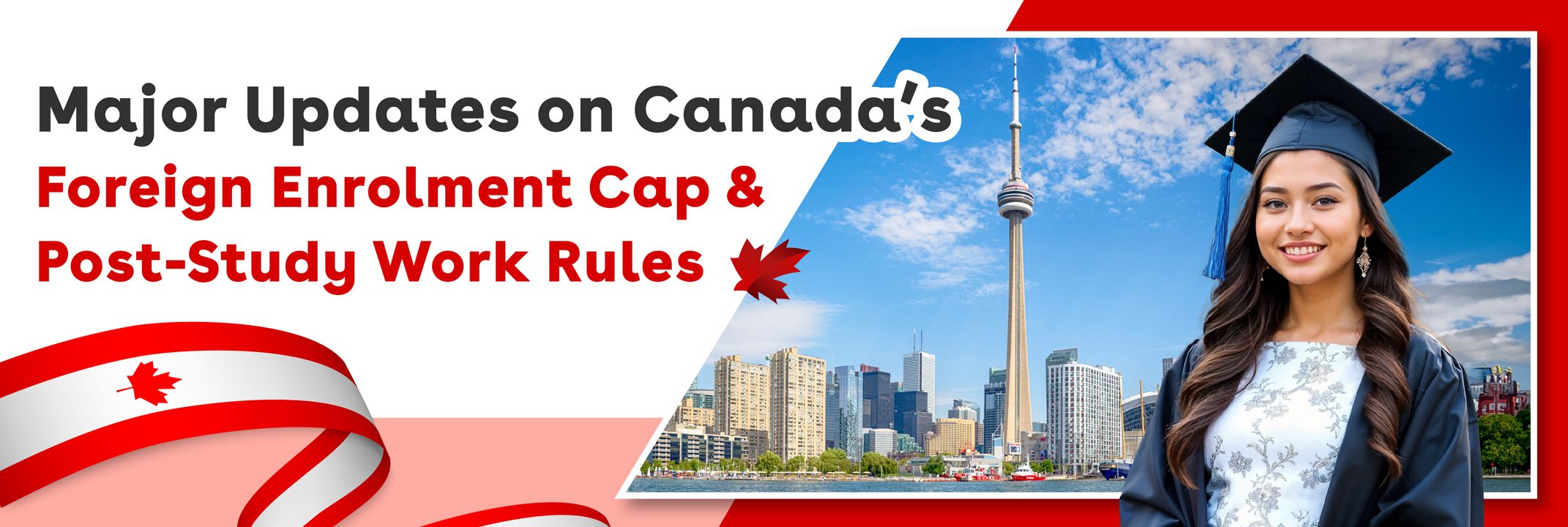As of 2024, the Canadian Government has been taking proactive steps to enhance the integrity of its international student program. To address the growing concerns about the system’s sustainability and transparency, the Immigration, Refugees, and Citizenship Canada (IRCC) introduced a temporary cap on study permits earlier this year. This cap was aimed at managing foreign enrolment numbers and ensuring that international students get the best facilities during their study tenure.
In a recent follow-up to these efforts, Canada’s Immigration Minister, Marc Miller announced additional changes on September 18th, 2024. These updates will have significant implications for prospective international students planning to study in Canada.
